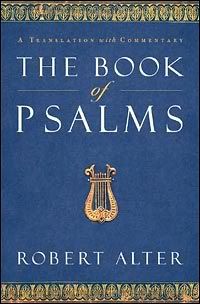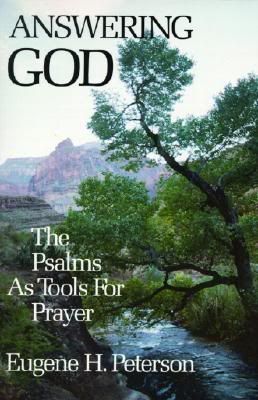"Swerve from evil and do good, seek peace and pursue it."
The first couple meditations focused in on refraining from evil, engaging in good, and finally we end with this last phrase: "seek peace and pursue it." The word for peace in Hebrew is "shalom" which although it does mean peace, the peace spoken of here is on a much grander scale than the peace we might imagine. We see peace as the lack of conflict or war, while the shalom of the Bible is a peace that entails a wholeness, a rightness. Not just a wholeness for the individual, but also for his relationships and for the whole world he lives in. With the fall of man in Genesis 3 we saw a multi-layered curse issued because of it, clearly seeing its fruits throughout the world today. This curse affected the relationships between man and God, man and woman, and man and nature. God's desire is for a large scale shalom movement, re-newing and re-novating that which has been incomplete and fractured for thousands of years.
So what does it mean for us today to seek peace? I would argue it entails seeking wholeness in our lives. The first "rightness" we must find is a rightness in our relationship with God. We need what Jesus called a "new birth", or a "second birth". Jesus came to earth, died on the cross, and rose again to bring us from a place of separation from God to a place of union with God. He came to correct that which we were utterly incapable of correcting. In Romans 5:1, Paul declares that we have peace with God through Jesus Christ. This vertical peace spoken of in turn leads to a desire for a horizontal peace, a rightness of relationship with others and with nature. We are taught by God to be good stewards of our friendships, our jobs, our city, and our environment.
The final encouragement is the same in the verb at the end of the verse: "pursue it". It's a reminder that shalom seeking is not always an easy thing to do. In fact, it's just the opposite: very hard and discouraging at times. We see an "anti-shalom" that permeates the earth and even our hearts. It takes the gospel of Jesus transforming our fist-shaking rebellion towards God into clean submitted-hands that work to carry out the very things that Jesus's hands did on the earth. We follow him towards a global shalom. It takes discipline and an intentional focus on the things we hope to see happen, regardless of the initial outcomes. It takes what Nietzsche called "a long obedience in the same direction":
"The essential thing 'in heaven and earth' is... that there should be long obedience in the same direction; there thereby results, and has always resulted in the long run, something which has made life worth living."
Let it be so.



